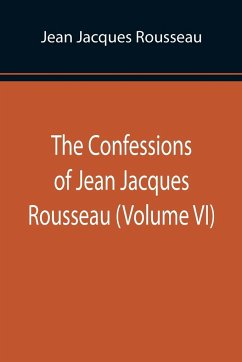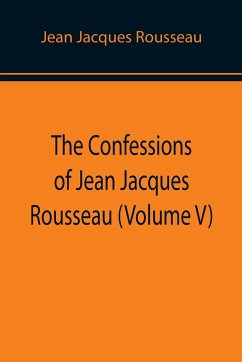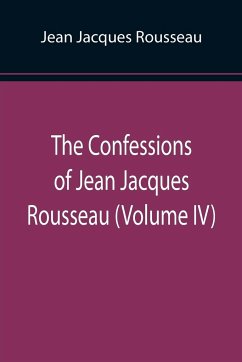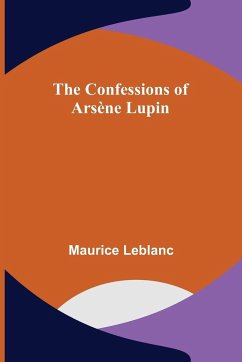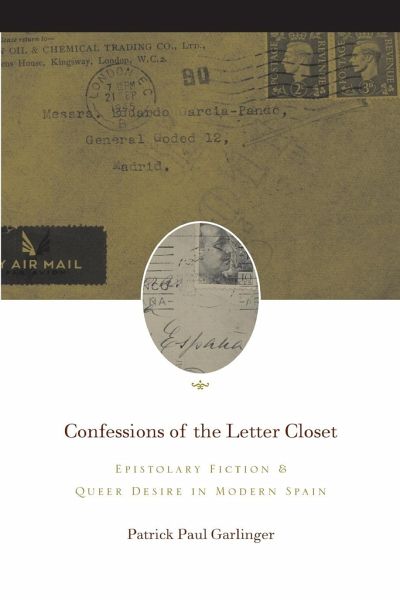
Confessions of the Letter Closet
Epistolary Fiction and Queer Desire in Modern Spain
Versandkostenfrei!
Versandfertig in 1-2 Wochen
33,99 €
inkl. MwSt.

PAYBACK Punkte
17 °P sammeln!
By the beginning of the twentieth century, epistolary novels in Spain increasingly grappled with homoerotic and homosexual desire, treating it as a secret communicated through private letters from one reader to another. Patrick Paul Garlinger reveals how this confidential model persists in these fictions of letter writing from the early twentieth century to the present, framing expressions of queer desire in confessional terms: secrecy, guilt, morality, and shame.Confessions of the Letter Closet draws on queer theory and psychoanalysis, archival research on letter writing as a social practice ...
By the beginning of the twentieth century, epistolary novels in Spain increasingly grappled with homoerotic and homosexual desire, treating it as a secret communicated through private letters from one reader to another. Patrick Paul Garlinger reveals how this confidential model persists in these fictions of letter writing from the early twentieth century to the present, framing expressions of queer desire in confessional terms: secrecy, guilt, morality, and shame.Confessions of the Letter Closet draws on queer theory and psychoanalysis, archival research on letter writing as a social practice and on the advent of the postal system in Spain, and historical insights into the impact of Spanish laws regarding the inviolability of correspondence on epistolary fiction. Garlinger examines how the epistolary novel represents - and is implicated in - the homophobia and psychic ambivalence around sexuality and identity with which Spanish gays and lesbians struggle, despite significant legal advances and increased social tolerance.Addressing both male and female desire and drawing links to epistolary traditions outside of Spain, Confessions of the Letter Closet goes beyond the specifics of Spanish literature to contribute more broadly to queer theory, the study of epistolary fiction, and an understanding of autobiography and confessional discourse.









